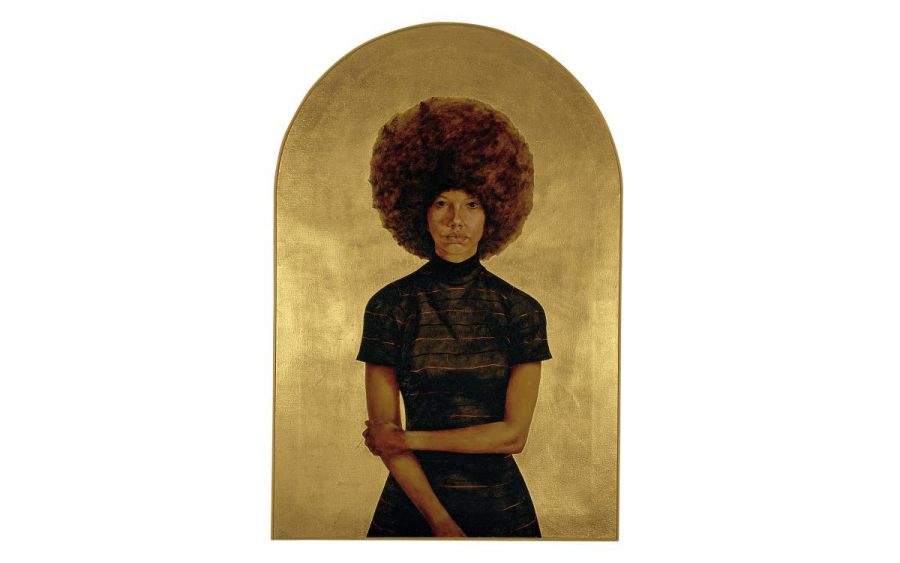UMFA’s ‘Black Refractions’ Exhibit Explores Impacts of Systemic Racism on Art and Society
March 11, 2021
Through April 10, The Utah Museum of Fine Arts at the University of Utah invites audiences to join them for “Black Refractions: Highlights from The Studio Museum in Harlem.” This exhibit features over 100 pieces of artwork from approximately 80 artists of African descent from the 1920s to now. It explores poignant contributions and creative achievements, aiming to expand appreciation and understanding of the impacts of systemic racism on art and society, and proposes multiple approaches to understanding these works. The UMFA is one of six venues in the United States to host “Black Refractions.”
The Art
The exhibit features artwork from Chakaia Booker, David Hammons, Kehinde Wiley, Alma Thomas, James VanDerZee, Elizabeth Catlett and other artists.
The Studio Museum in Harlem was founded at the peak of the civil rights and Black Power movements as a working space for artists of African descent to create as well as a social forum where audiences could discuss and interpret art together. It has played an important cultural role in activism and the global art world for five decades.
Audiences can purchase tickets in advance to view these works in person or experience the exhibit from home, with videos and digital presentations, virtual art-making activities and downloadable resources. Additional virtual components include a Black Refractions highlights video narrated by Whitney Tassie — Curator of Modern and Contemporary Art — and stories from community members James Jackson, III and Ruth Gooden about their connections to the artworks.
Further Exploration
To further support the “Black Refractions” artwork, the UMFA welcomes audiences to a two-part ACME Session titled (Re)current Unrest—a meditation on the American Dream and Black nihilism with a film screening and reflection on Thursday, March 25, followed by a post-film community workshop on Saturday, March 27. Both events are free.
(Re)current Unrest, a project from Charles O. Anderson’s celebrated Dance Theater X, explores how movement and performance can serve as storytelling, political action and dialogue about oppression. The UMFA extends “a special invitation for BIPOC community members, activists, and anti-racism allies to take part.”
Finally, UMFA presents Black Refractions: Artists in Conversation, a free panel, on Wednesday, March 31. This Zoom panel will engage in conversation with three of the artists featured in this artwork exhibition. Maren Hassinger, Adia Millett and Shinique Smith will explore relationships between the natural and industrial worlds and between private narratives and collective histories — discussing how they have used art to reflect on personal identity and shared experience.
Tickets, registration, recurring programming and COVID-19 restriction information are all available on the UMFA website.








